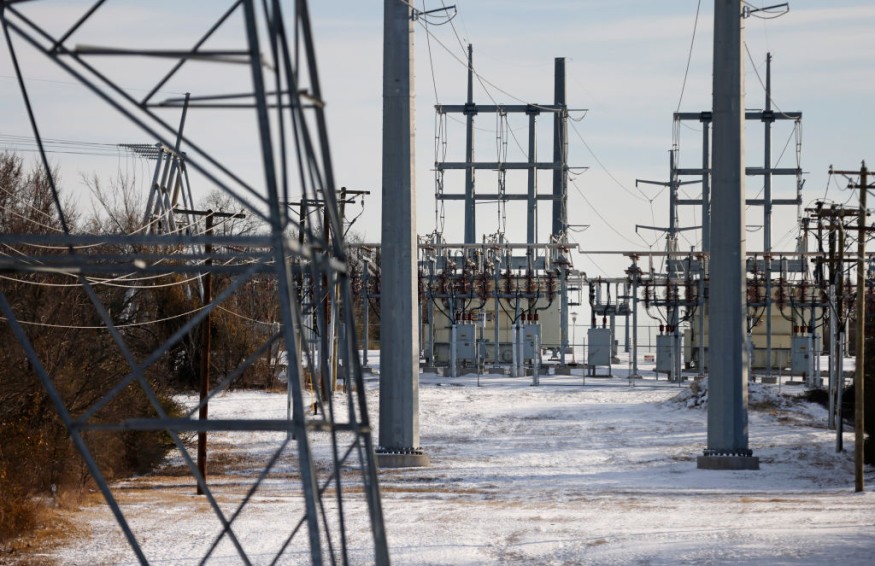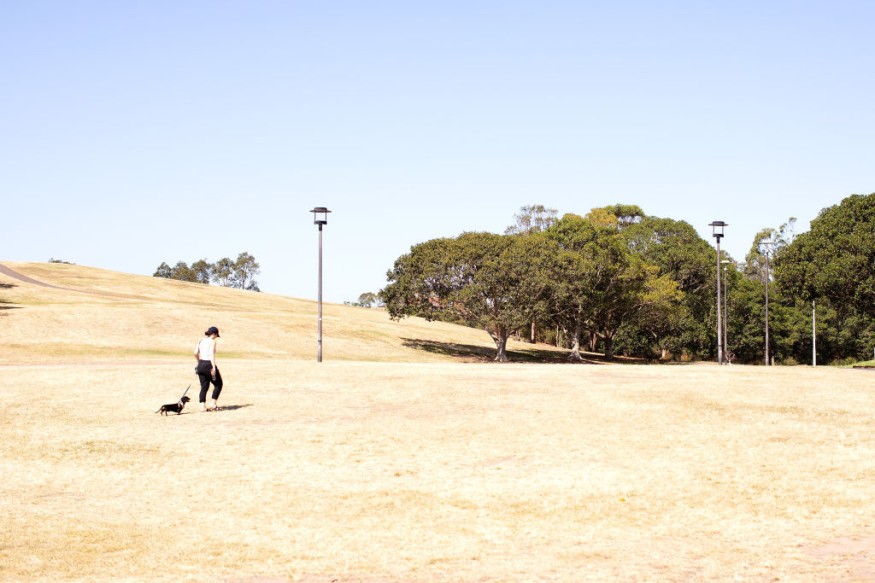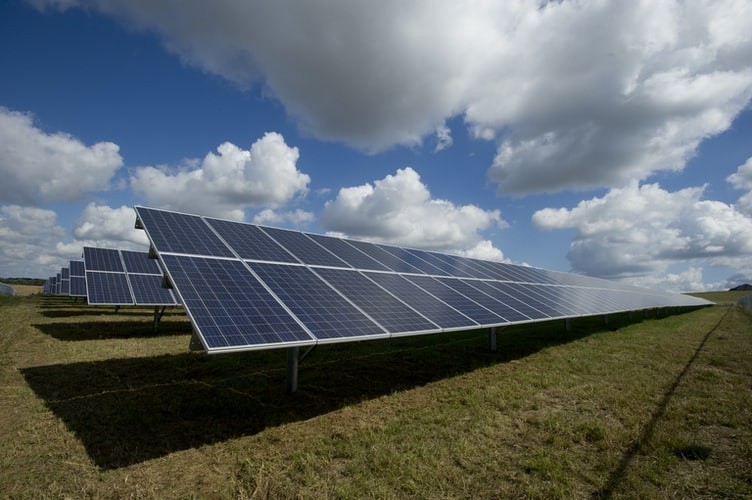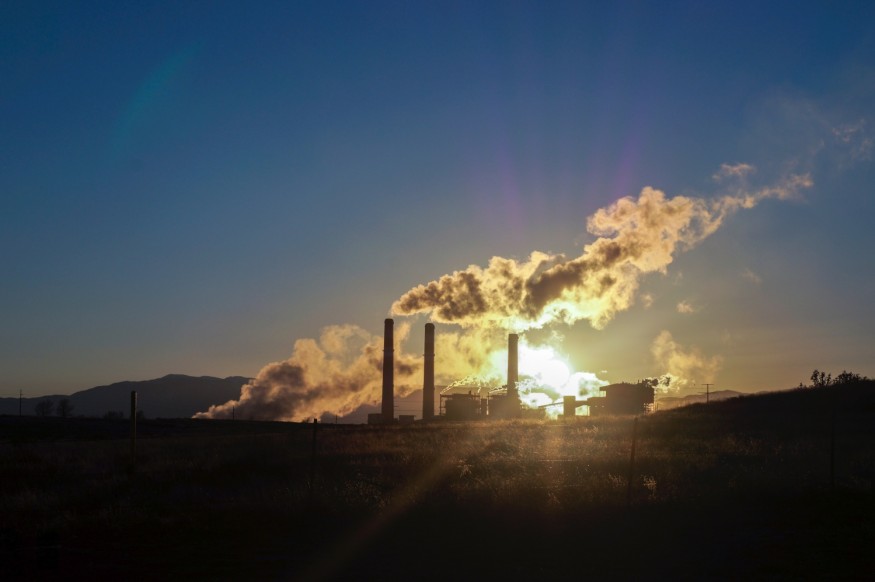According to a recent study released in the journal Environmental Science & Technology, power outages have risen by more than 60% since 2015, even as climate change has exacerbated heat waves.
The authors calculated that a combination outage and heatwave would subject at least two-thirds of people of three major U.S. cities to heat exhaustion or heat stroke using computer models.

Even if each of the cities in the sample has dedicated public cooling centers for people who need relief from the sun, the authors discovered that such centers will only serve around 2% of the population, leaving the vast majority of residents at risk.
Power Outage During Heatwaves

"A widespread outage during an extreme heatwave could be the deadliest climate-related occurrence we can imagine," said Brian Stone Jr., a professor at Georgia Institute of Technology's School of City & Regional Planning and the study's lead author. Nonetheless, he believes such a situation is becoming "increasingly plausible."
The results came just months after a winter storm in Texas wiped out electricity for millions of residents, killing over 150 people and showing how quickly extreme weather can overpower energy grids and other infrastructure.
However, though winter weather and severe cold remain a concern, extreme heat poses a greater threat to human health as temperatures increase.
Deadly Heats

Heat is now the most deadly form of an extreme weather incident, killing an estimated 12,000 Americans per year, according to one study. Hot waves are becoming more intense and extreme as a result of climate change.
Related Articles : Solar Pavements Installed in Barcelona as a Part of Spain's Photovoltaic Initiatives
Power Outage Frequency

Power outages seem to be becoming more frequent as the atmosphere changes. According to Dr. Stone, the number of blackouts in the United States doubled from 2015 to 2020. Hot temperatures, which raise pressure on the electricity grid when people crank up their air conditioners, were more likely to cause blackouts during the summer, implying that they were triggered in part by high temperatures.
Since both heat waves and blackouts are becoming more common, "the likelihood of a simultaneous heatwave and outage occurrence is most likely increasing as well," according to Dr. Stone.
So, Dr. Stone and a group of eight other researchers from Georgia Tech, Arizona State University, the University of Michigan, and the University of Guelph in Ontario, Canada, set out to determine the public health effects of power outages during heat waves.
Research Process

To do so, they looked at historical temperatures from some of the most intense heatwaves in three major cities: Atlanta, Detroit, and Phoenix.
They also used algorithms to simulate the conditions in various areas if the heat waves occurred simultaneously as a citywide outage rendered air conditioners inoperable.
The researchers also wanted to see how hot the insides of homes would get in those circumstances, something Dr. Stone said had never been done before. They gathered information on the building characteristics of a single residential structure in each area, such as the age of the structure, the type of construction, the amount of insulation, and the number of floors.
Lack of Air Conditioning Access
Even if there isn't a blackout, certain people in each area don't have access to air conditioning, exposing them to extreme indoor temperatures during a heatwave. According to the writers, these figures range from 1,000 in Phoenix to 50,000 in Detroit, depending on the characteristics of their households.
The lowest-income households are 20 percent less likely than the highest-income households to have central air conditioning, indicating they are more exposed.
Every city had approved public cooling centers for extreme weather, according to the writer. However, they discovered that the centers could only handle 1% to 2% of the total population in any case.
For more news update about Environmental Action, don't forget to follow Nature World News!
© 2025 NatureWorldNews.com All rights reserved. Do not reproduce without permission.





